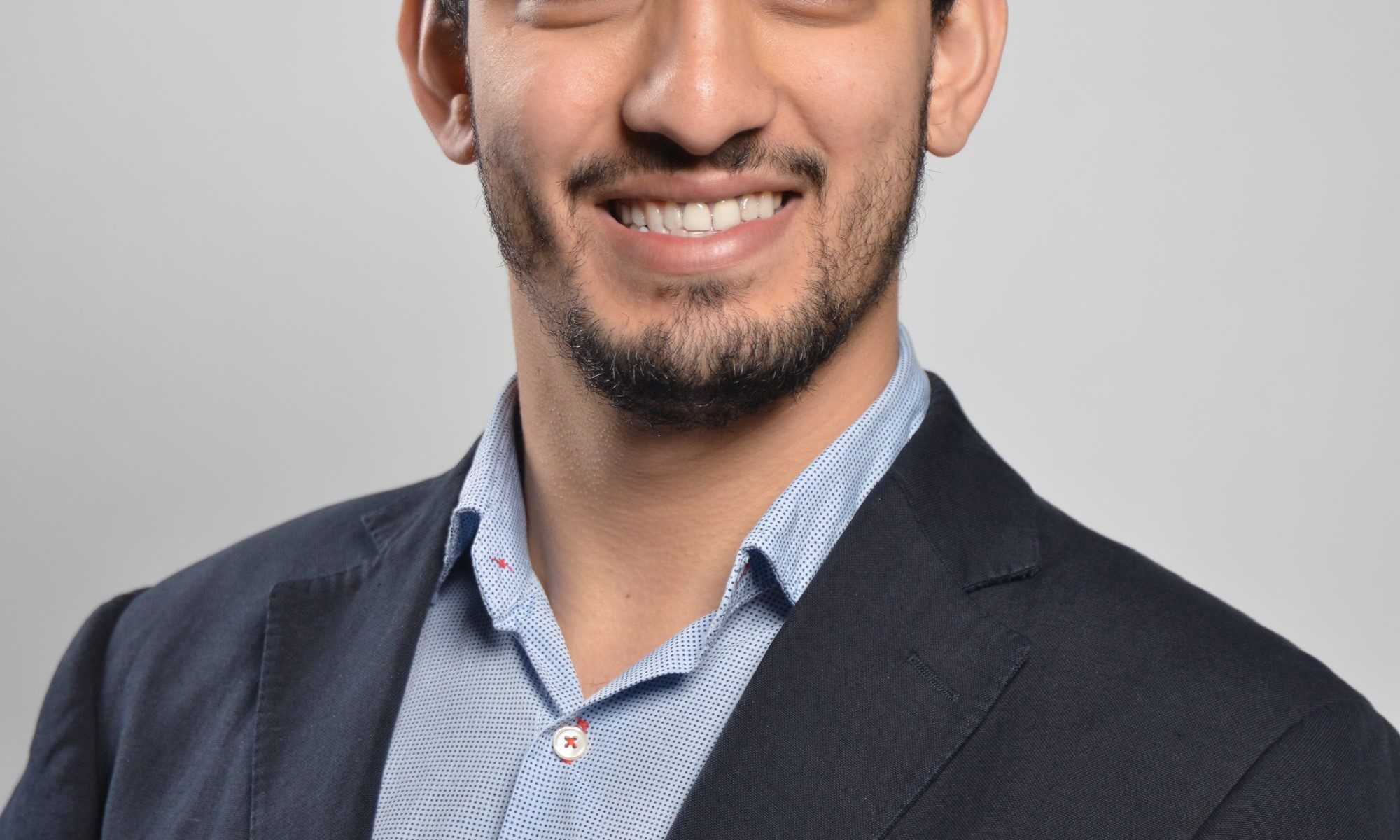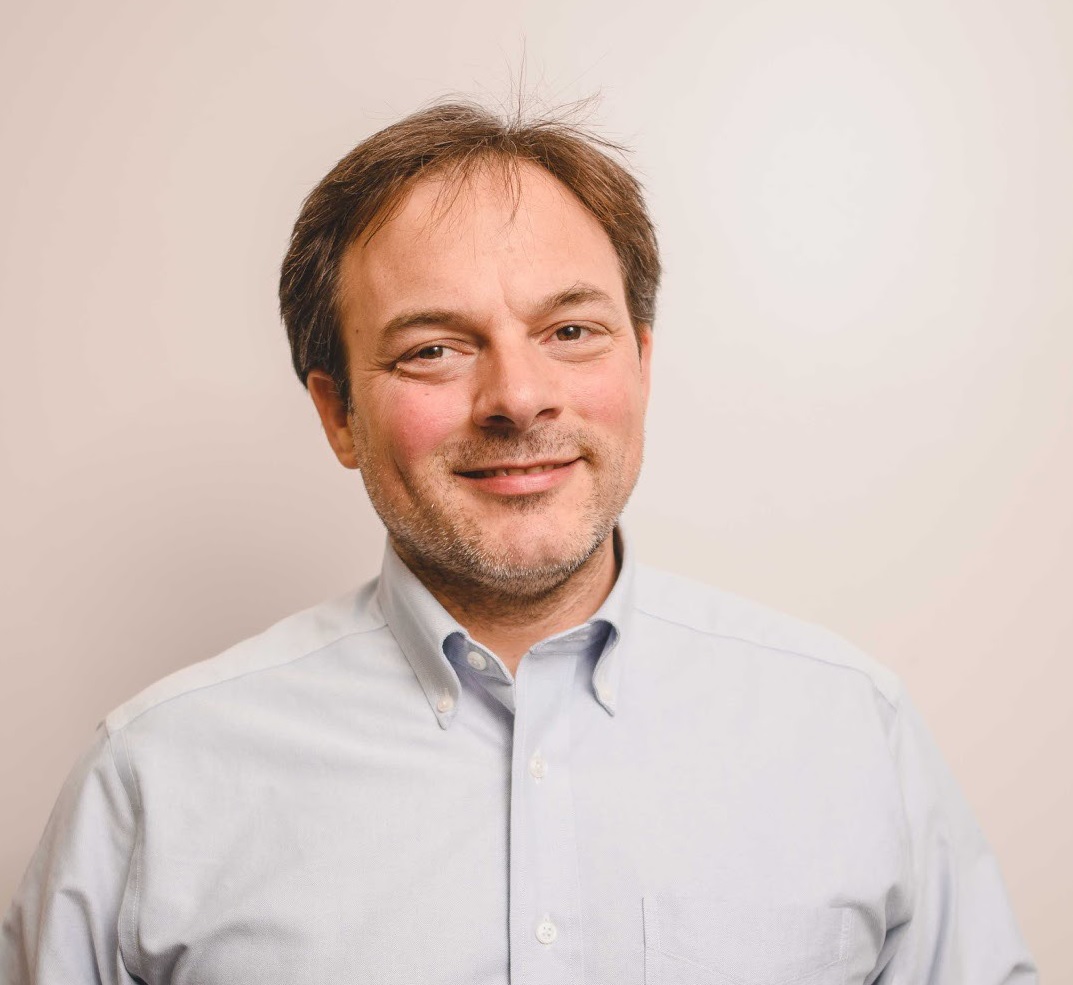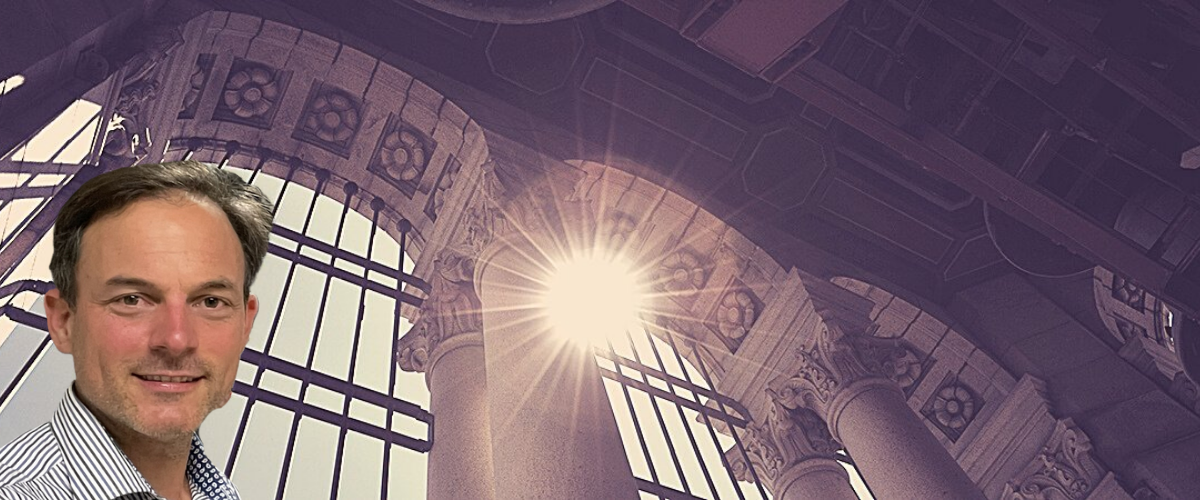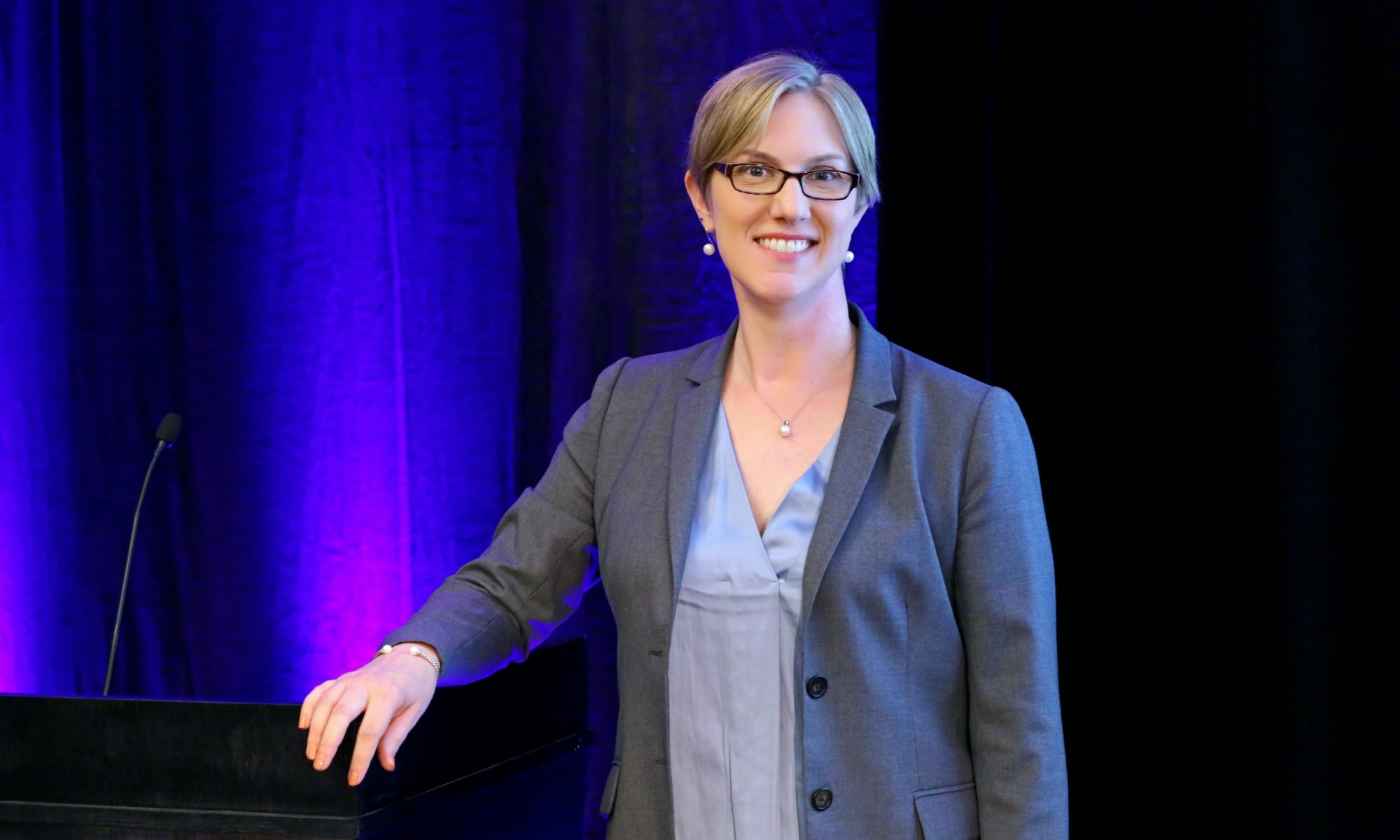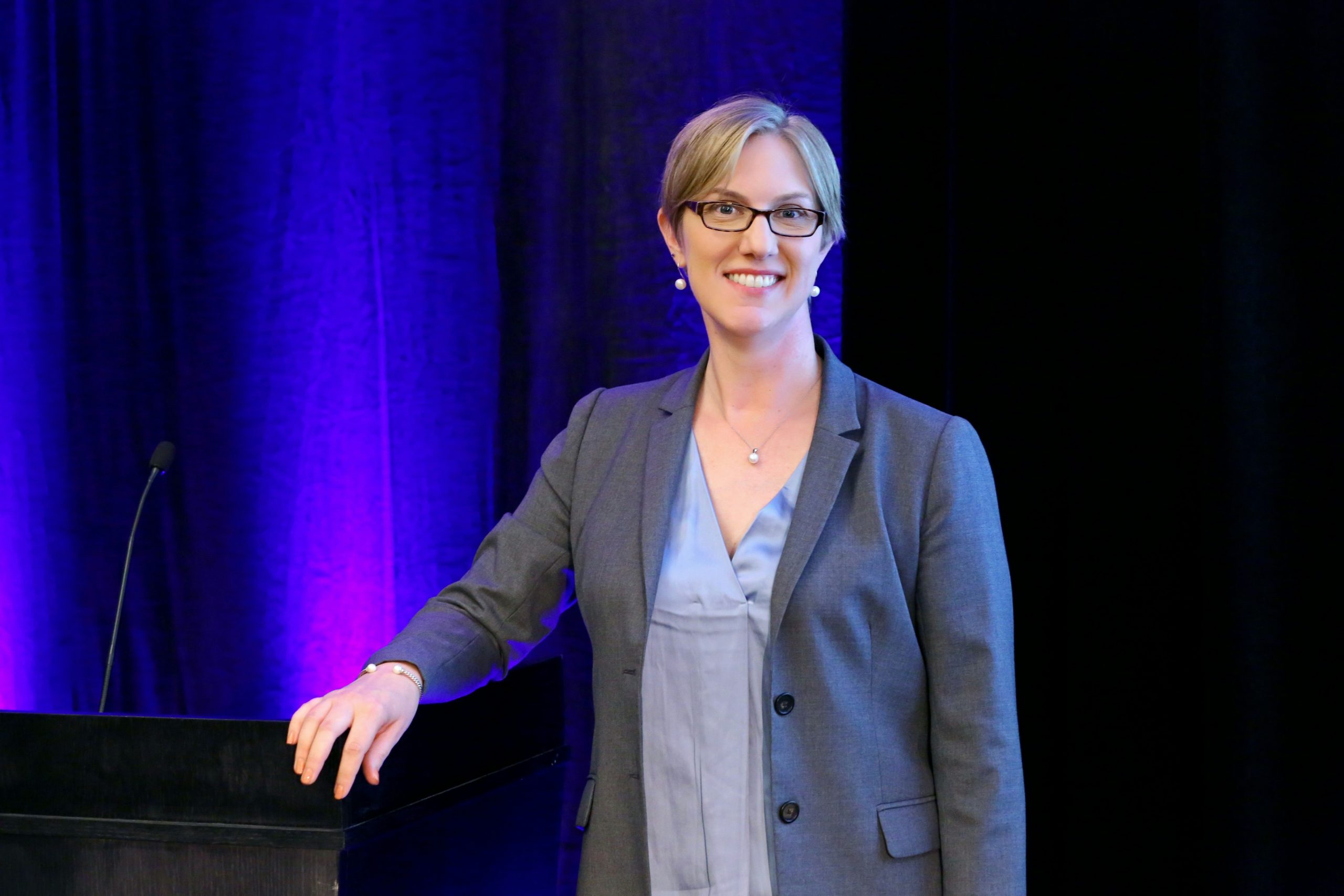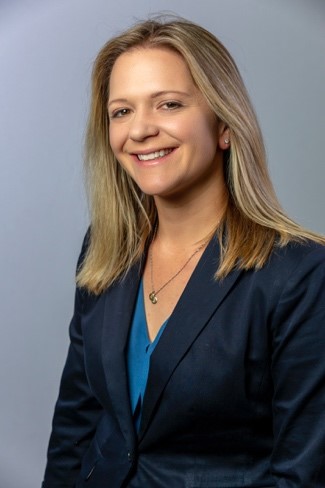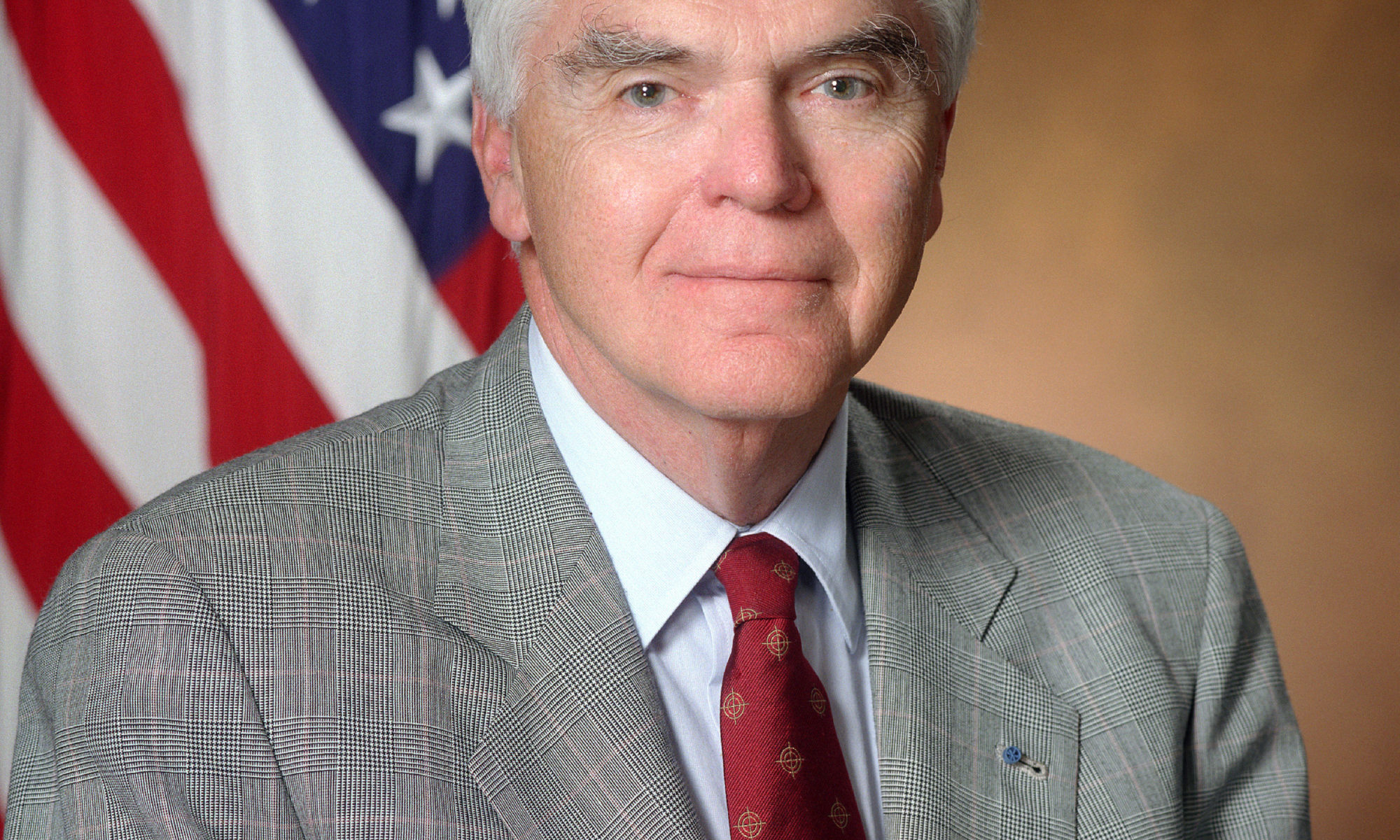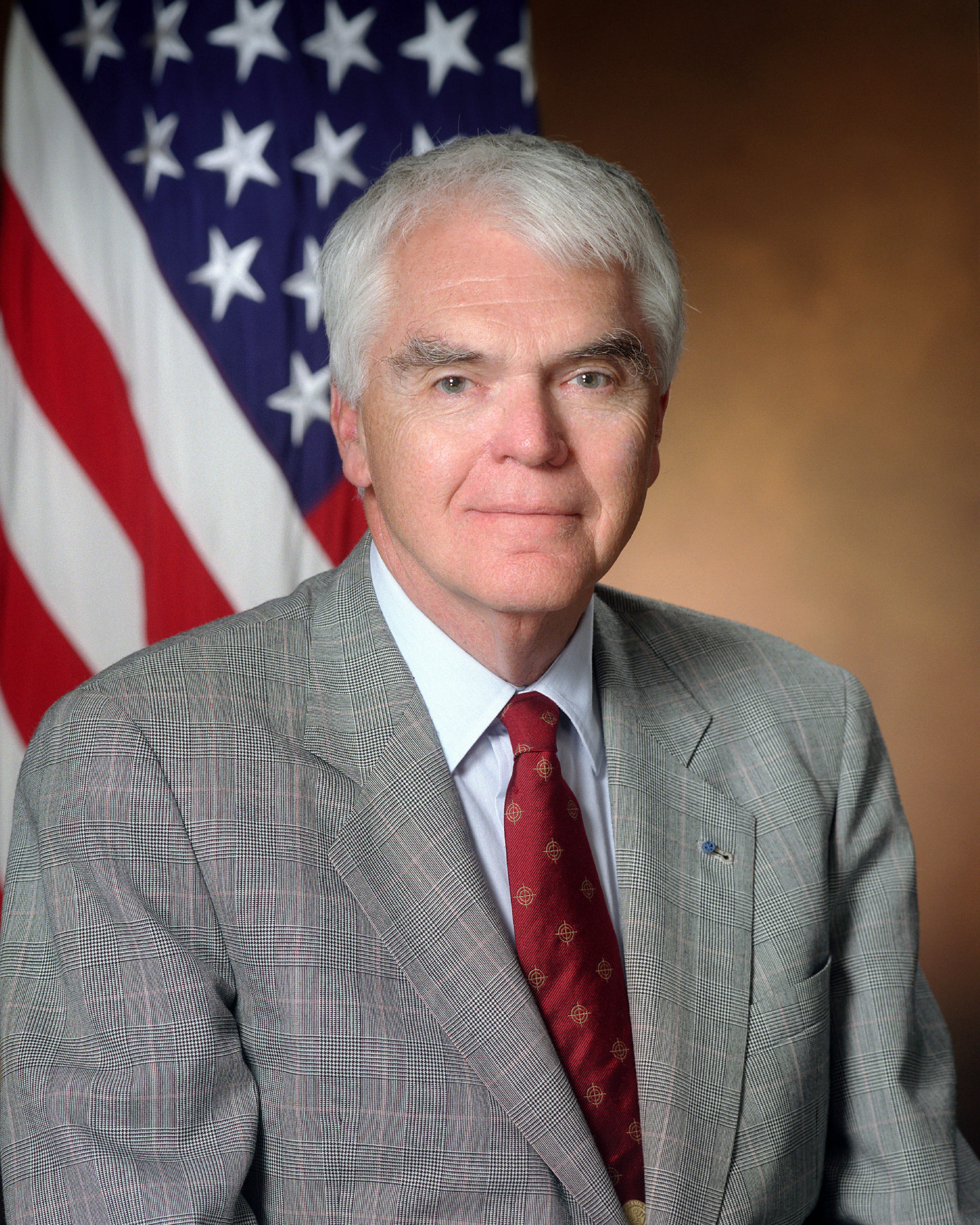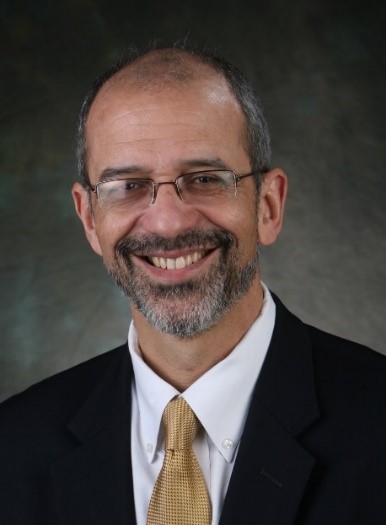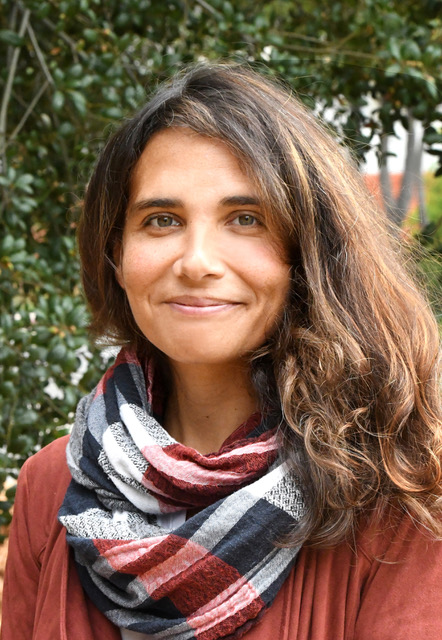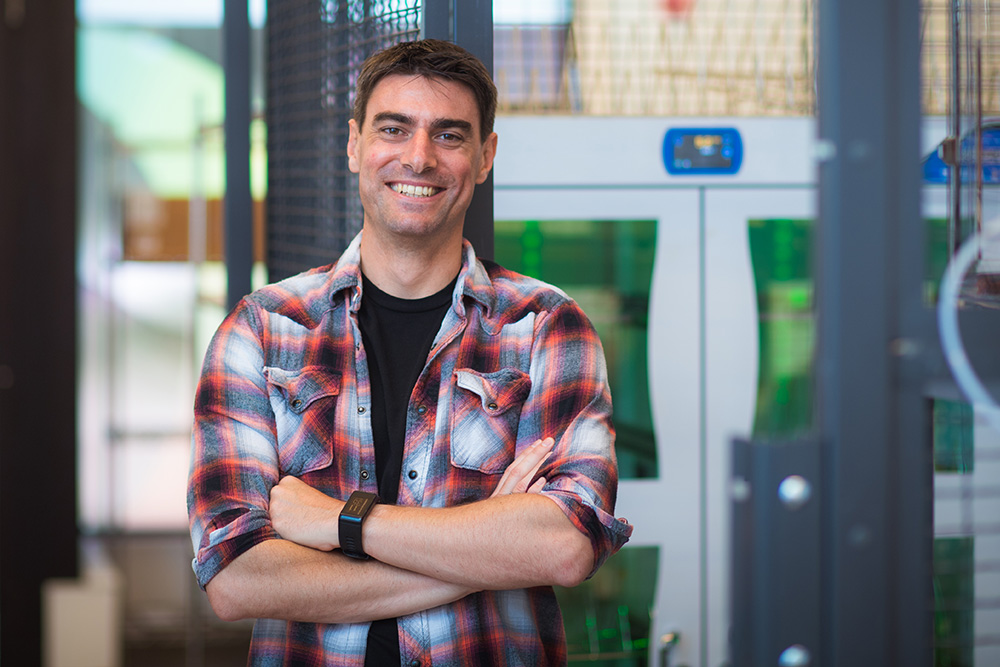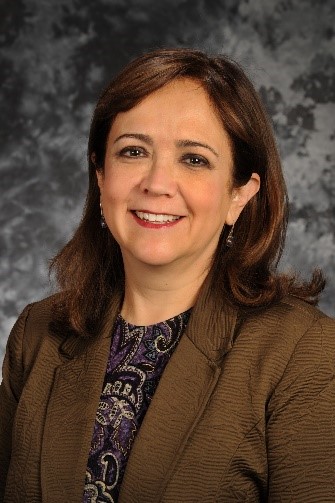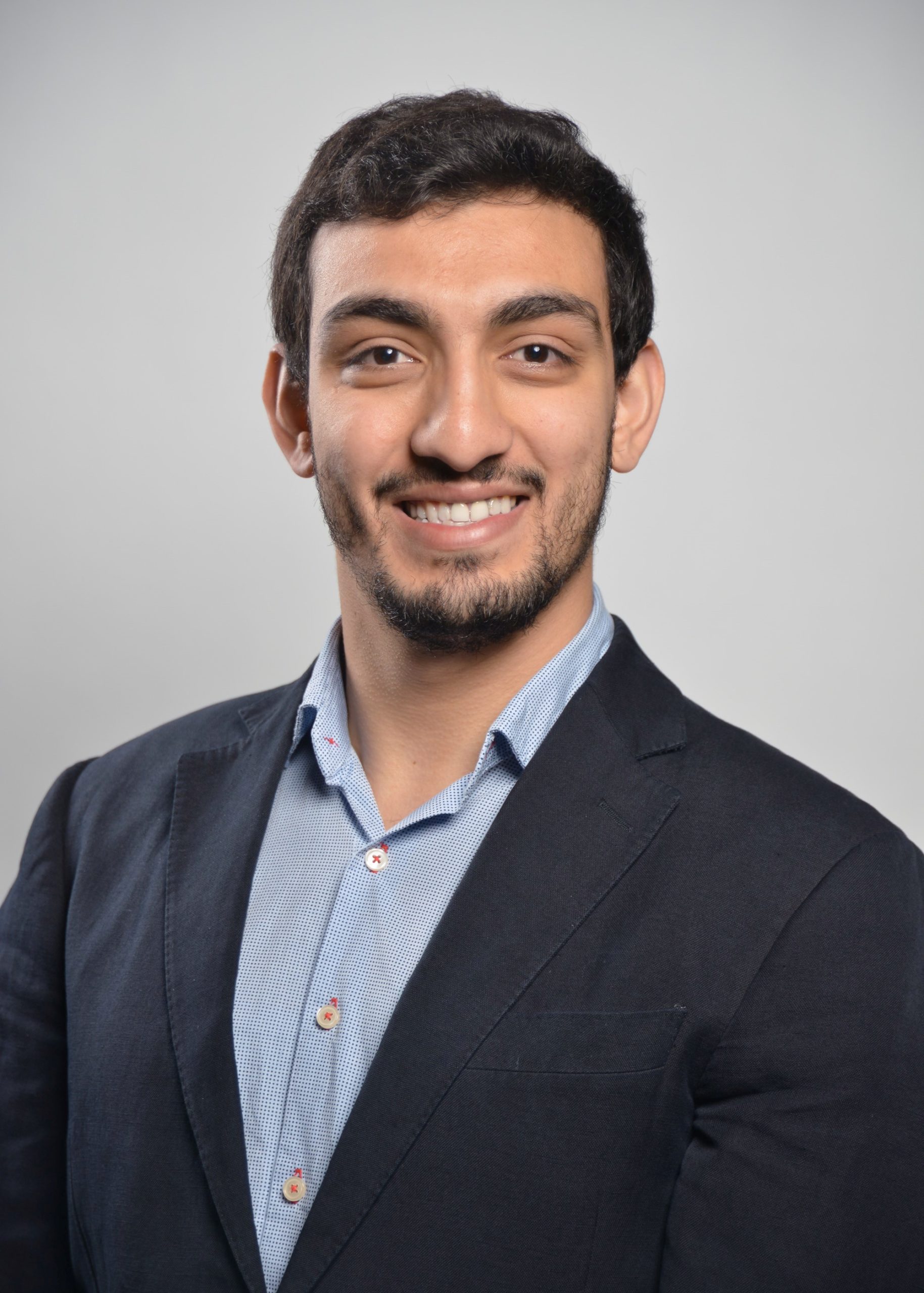
The worldwide civil nuclear operations have accumulated more than 19’000 reactor-years of experience providing substantial amounts of data and knowledge. With the goal of more intensively learn from this experience to verify and improve the level of nuclear safety, this talk presents the research carried out at the ETH Zurich covering the following inter-woven parts:
1) The continued development and establishment of a novel open comprehensive nuclear events database; 2) subsequent event and statistical analysis to learn from the past and extract lessons, in particular, for 3) the development of generic & simplified Probabilistic Safety Assessment (PSA) models, with a main motivation of enabling large-scale precursor analysis, and 4) exploiting the simplified PSA models and the performed large scale precursor analyses to offer a comprehensive statistical study of the operational risk in the civil nuclear sector.
Dr. Ali Ayoub is currently a postdoctoral researcher at the Department of Nuclear Science and Engineering at the Massachusetts Institute of Technology (MIT). He received his PhD (2021) and MSc (2018) in Nuclear Engineering from the Swiss Federal Institute of Technology Zurich (ETH Zurich). He has worked and published on various research topics including probabilistic risk assessment (PRA), precursor analysis, uncertainty quantification, safety culture, and risk communication. His general research interests are around the area of risk analysis, nuclear and critical infrastructures safety, resilience engineering, decision-making, and energy policy.

